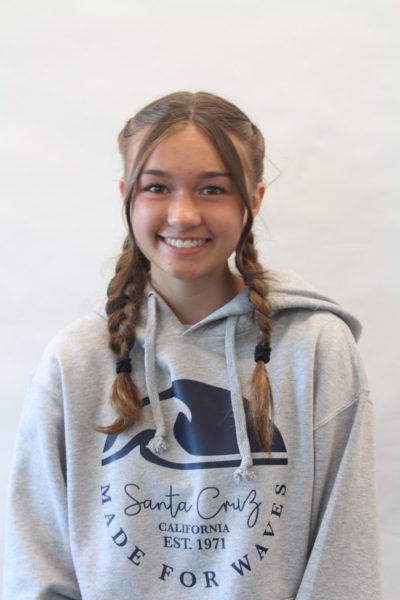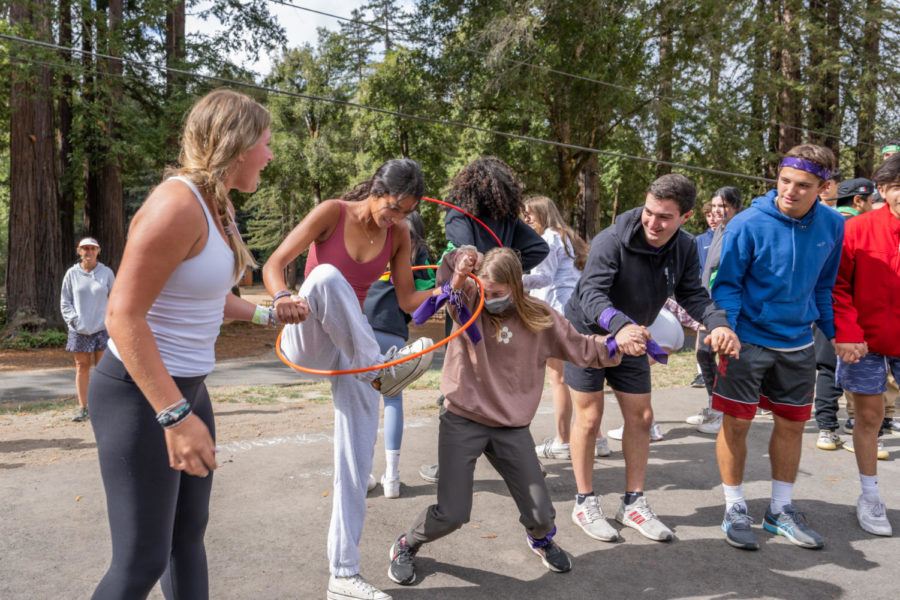Grade-level retreats, a longstanding tradition at Menlo, are meant to encourage bonding and inclusion among students away from the Menlo campus. However, recently differing opinions about the effectiveness of class retreats have begun to emerge. “Retreats provide us the opportunity to escape the hectic school environment in order to create cohesion [within the grade], memories, and new friendships,” Upper School history teacher and Junior Class Dean Matthew Nelson said.
The benefits of school retreats are widely acknowledged among students and faculty, but retreats also present a number of issues, particularly relating to scheduling and questions of inclusivity, that must be effectively managed. While Menlo administrators and faculty continue to work to improve the effectiveness of these school retreats, the retreats remain an integral part of the Menlo student experience.
Upper School science teacher and Sophomore Class Dean Mary McKenna believes that retreats serve the purpose of building community and camaraderie within a class. According to McKenna, this sense of community helps students feel more connected to their peers, which can positively impact their overall well-being and academic success. In addition, McKenna believes that the overnight nature of class retreats allows for a more immersive experience than those in a typical school setting.
Student activities coordinator Frances Ferrell attributes the connections students make to the retreat’s ability to push students outside of their comfort zones. According to Ferrell, the time spent outside of immediate friend groups can encourage classmates to get to know each other in ways they wouldn’t have otherwise.
However, faculty members acknowledge the issues that occur as a result of class retreats. According to Upper School Assistant Director Adam Gelb, one of the challenges of scheduling these retreats is working around student extracurriculars. The overnight aspect of Menlo retreats makes it difficult for students to attend because this means having to miss extracurriculars, including athletics and other outside commitments. For example, the six freshmen on the JV baseball team had a 4 p.m. game on the first day of the freshman retreat this past April. The six freshmen participated in the game, then drove to the retreat in a teacher’s car. According to freshman and JV baseball player Jackson Flanagan, the players on the team missed bonding experiences like the bus ride to the retreat, pre-dinner activities, and dinner with classmates because of this conflict.
Another question retreats pose is how effective they are as a means of promoting inclusivity. On the one hand, McKenna believes that retreats do foster inclusion by providing a shared experience for all students in a grade. “Retreats can help break down social barriers and enable students to connect with their peers in new ways,” McKenna said.” “This can boost their confidence and sense of belonging within the school community, which can ultimately help them feel more included.” Nelson shares a similar view of class retreats when it comes to the issue of inclusion. He believes that while retreats can create an environment in which heightened inclusivity is possible, students have to go into the experience with a willingness to make new connections and welcome others to their groups for inclusivity to be present.
On the other hand, some students believe that retreats do not promote as much inclusion as they could. Menlo retreats usually take place in late March or early April, after students have already had time to connect with classmates and form their ‘group’ at Menlo. According to freshman Jack Edwards, scheduling class retreats earlier in the year, around when the Freshman Night In is, would be more beneficial. Senior Mitali Srinath agrees that Menlo retreats should take place at the beginning of the school year rather than at the end. Furthermore, Srinath notes that early April is already one of the most stressful times for Menlo students – with finals and AP tests around the corner, along with athletic, academic and outside commitments. Srinath believes that Menlo students shouldn’t have to stress about a class retreat when they have so much else on their minds.
According to Ferrell, Menlo faculty members will continue to address concerns about inclusivity and are considering moving all retreats to the beginning of the year to create an environment where inclusivity is possible. And while scheduling conflicts will always present issues, Menlo administrators will continue to seek out dates that minimize conflicts for students.

